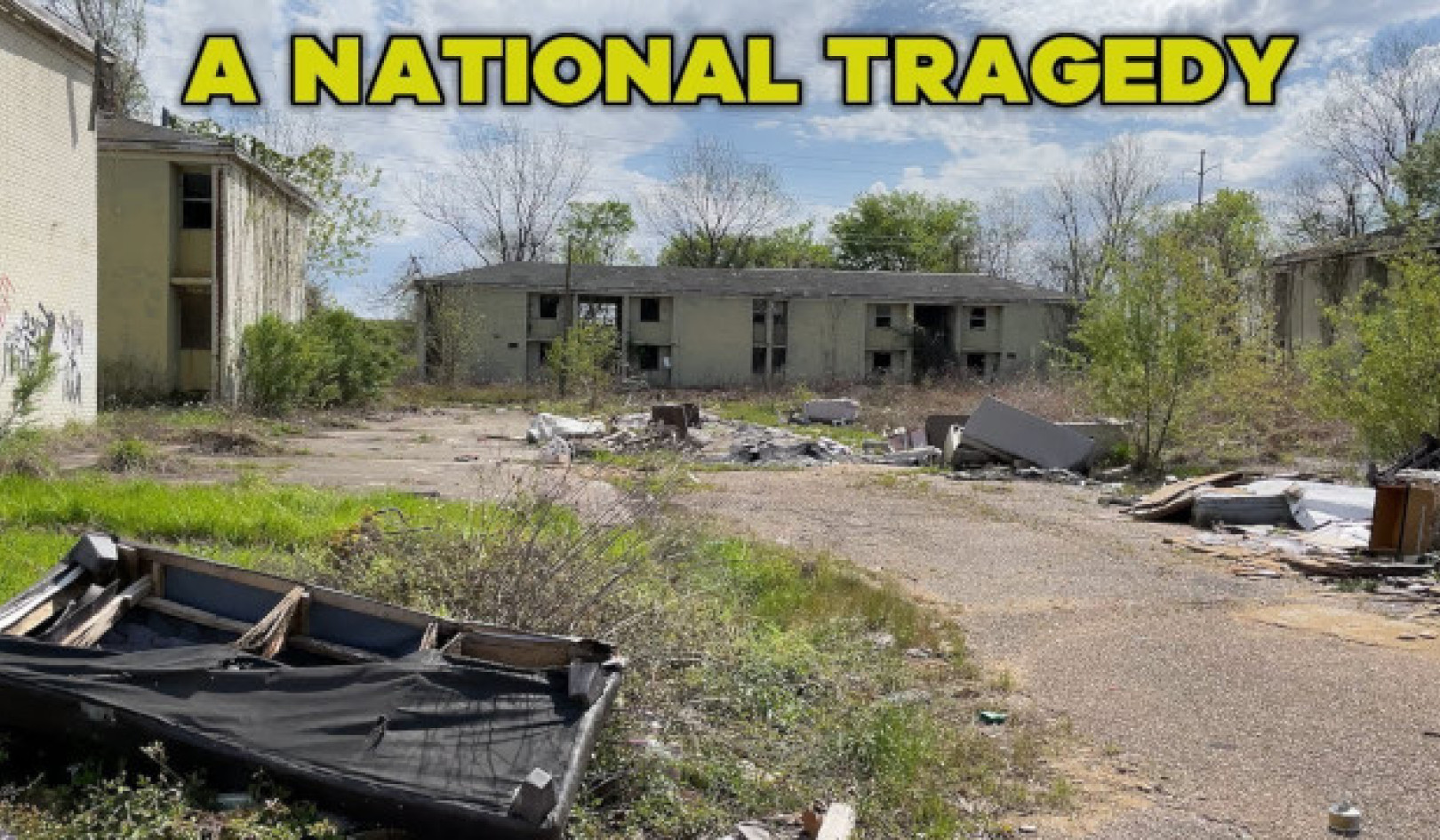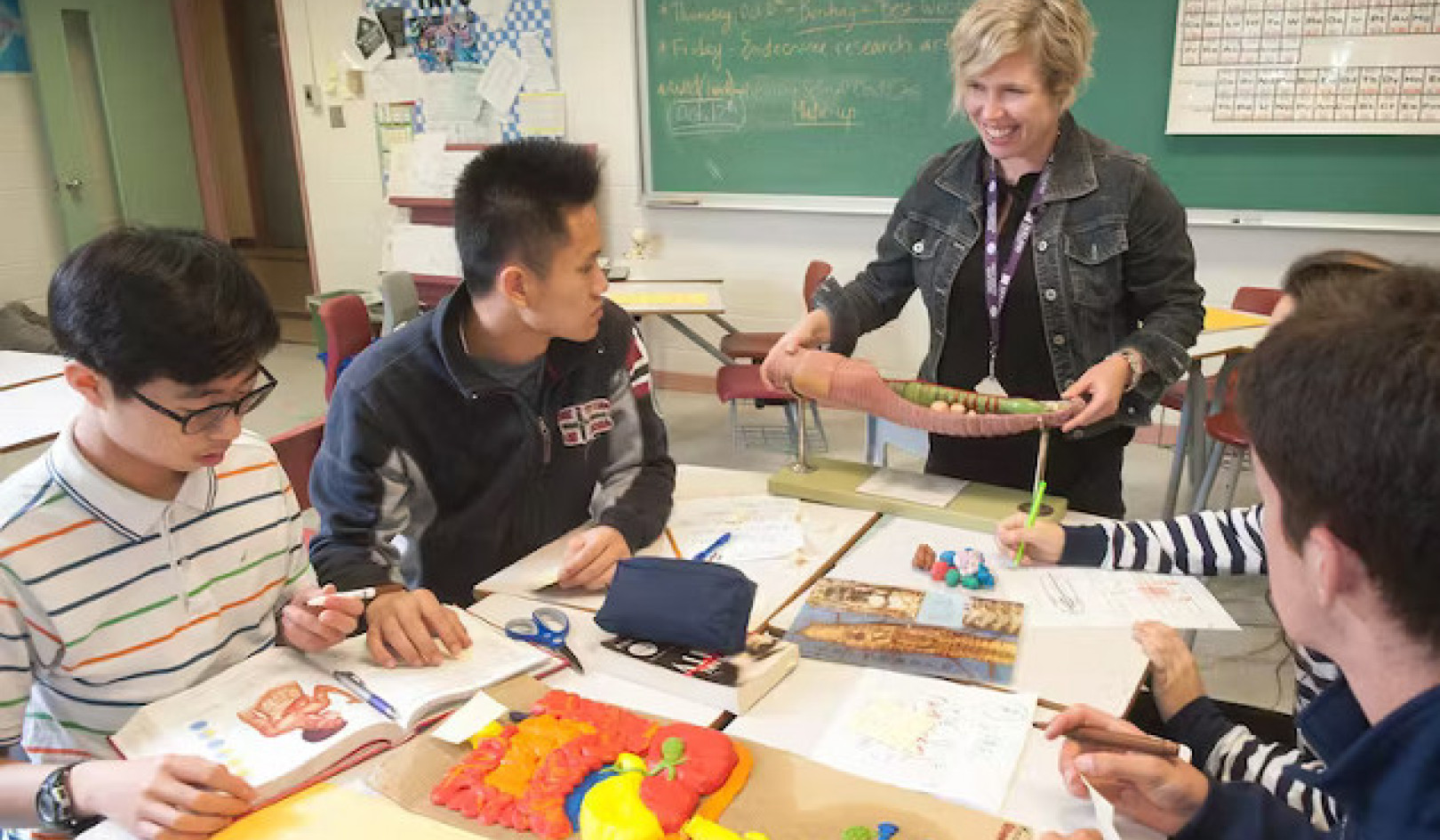The liberation of Mosul, the last stronghold of Islamic State (IS) in Iraq, appears to be imminent. Kurdish and Iraqi forces, alongside a US-led coalition, have managed to secure surrounding towns, entered the city, and retaken several neighbourhoods in the capital of Iraq’s Nineveh Province.
This important development offers the international community a unique opportunity. It is a chance to finally allow the region’s most vulnerable minorities the possibility of self-preservation and self-determination. How? By forming a province for these minorities in the area known as the Nineveh Plains, their ancestral homeland in the northwest reaches of Mesopotamia.
In 2016, the European Parliament, the Council of Europe, the British Parliament, and the US Congress all formally recognised that IS has waged a genocidal campaign against Christians, Yezidis, and other minorities in Iraq and Syria. This resounding international recognition of ongoing genocide is momentous. Under the terms of the United Nations’ Genocide Convention, states must “undertake to prevent and to punish” genocide. Prevention could take substantial form in the creation of a protected province in the Nineveh Plains.
Too often, international interventions in Iraq have lacked clear and consistent strategies for the aftermath of both military campaigns and humanitarian activity. What should be done after a dictator is overthrown, or when a hotbed of extremism is reoccupied? How long can millions of refugees subsist in makeshift camps?
Wresting control of Mosul and the Nineveh Plains from IS affords a crucial window of time and territory. One proposal gaining traction among the coalition powers is a plan to create an autonomous, democratic, pluralistic province for Iraq’s Christians, Yezidis, and other minorities, within the region that IS has occupied since the summer of 2014. For Iraq’s Christian and Yezidi minorities in particular, this proposal might prove to be the one measure that can still spare them from extinction in their homeland, where they are under existential threat. As matters stand, they could easily share the fate of Iraq’s Jewish population, who lived in Mesopotamia for at least 2,500 years before they were utterly wiped out by ethnic cleansing, exile, and emigration between the 1950s and 1970s.
Pir Mamou Othman, a Yezidi leader and former Iraqi minister for human rights, told us: “Iraq’s minorities are remnants of its original, indigenous peoples. They are connected to the land. This affiliation will be lost if they are forced to emigrate.”
A shattered mosaic
The Nineveh Plains have historically been a fragile mosaic of ethnicities: Assyrian Chaldean, and Syriac Orthodox Christians; Yezidis; Shabak, Sufi, Shi’a, and Sunni Muslim tribes. IS did their best to obliterate this mosaic. Now is the time to frame what is left within secure borders. The formation of a secure, self-governing homeland for the ethno-religious minorities of northern Mesopotamia would stand in stark contrast to IS’s monolithic reign and fanatical, autocratic ideology.
It would directly counter the caliphate’s genocidal narrative of population control, ideological control, and territorial expansion. This would blunt much of IS’s appeal as a strong, geographically expanding enclave for extremists. The contrast could not be clearer between a repressive caliphate and vigorous pluralism.
The territorial initiative would also be an opportunity to repatriate many of the nearly 2m refugees who have fled to the relative safe haven of the Kurdistan region in northern Iraq. Even now, members of vulnerable ethnic minorities from the Nineveh Plains continue to flee to Kurdistan, Turkey, Syria, and neighbouring regions at a rate of roughly 2,000 a day. But these neighbours cannot support them indefinitely. A perpetual diaspora need not be considered inevitable.
Ancient Christian communities have endured in this region since the first century CE. According to Khalid Talia, director of Christian Affairs for the Kurdistan Regional Government: “The Nineveh Plains are the land of our forefathers, with churches, monasteries, and historical sites dating back thousands of years. IS has forced us to abandon the area, but in the end we are optimistic.”
The Nineveh Plains contain tombs of patriarchs, prophets, and apostles, as well as other sites of biblical significance. Alongside these, the land is dotted with important shrines for Yezidi pilgrimage. IS has systematically destroyed museums and monuments, but we must preserve what is left of the region’s cultural and archaeological heritage.
Drawing and securing borders
Such a territorial initiative would be fraught with dangers, which any viable plan must take into consideration. International peacekeeping forces will be indispensable. The Nineveh Plains are rich in natural resources, with vast, largely untapped oil reserves, and control of these resources will be strongly contested. The international community must also recognise and preempt the potential for further sectarian conflict in the area. At present, various factions, visibly represented by local militias, are united in cooperation against a common foe, but historically, their relations have not been so harmonious.
Likewise, the international community must acknowledge the potential for such a territorial entity to become a prime target for radical Islamists. “It would be easy prey without international commitments to maintaining security,” Pir Mamou acknowledged. IS might be in retreat at the moment, but this leaves a void that other extremists or even a resurgent IS, as in Palmyra recently, will certainly strive to fill.
“The international community must have a role in reconstruction, rebuilding basic infrastructure, demarcating the region, and providing security,” said Talia. “We need international protection from the Arab tribes who collaborated with IS in the occupation of our lands. Only this will bring life to the area, [and] give people hope for a confident, peaceful return.”
Among global powers, there may be little appetite for subdividing Iraqi territory. But doing nothing in the wake of IS will surely result in continued carving-up of the region. Ungoverned territory, as Libya and Syria plainly exemplify, quickly becomes ungovernable chaos. Clear policies and definitive action can prevent further atrocities.
![]()
About The Author
Tyler Fisher, Lecturer in Languages, Culture and Society, UCL and Kamal Y. Odisho, Professor, Soran University
This article was originally published on The Conversation. Read the original article.
Related Books:
at InnerSelf Market and Amazon























